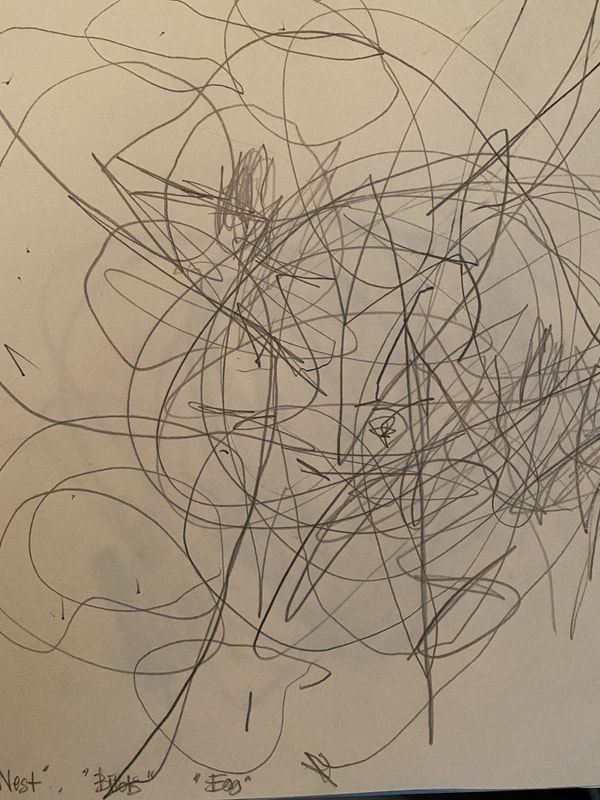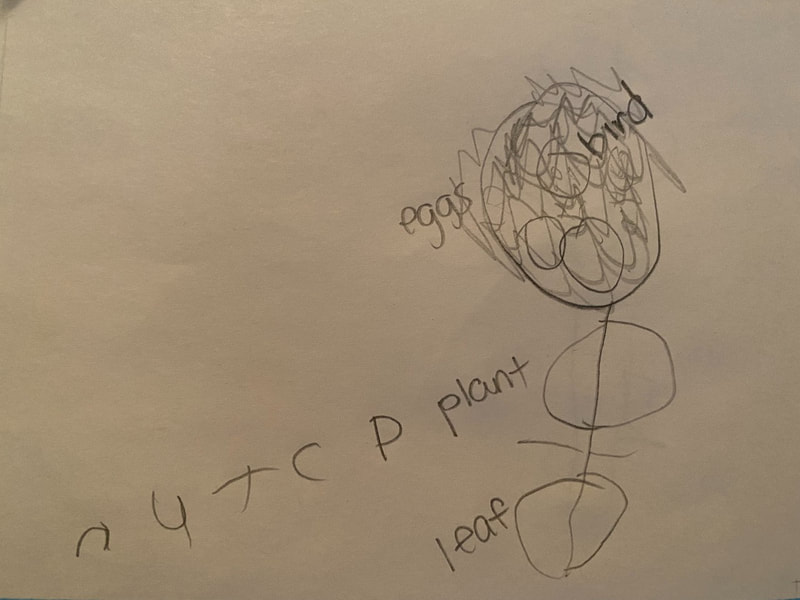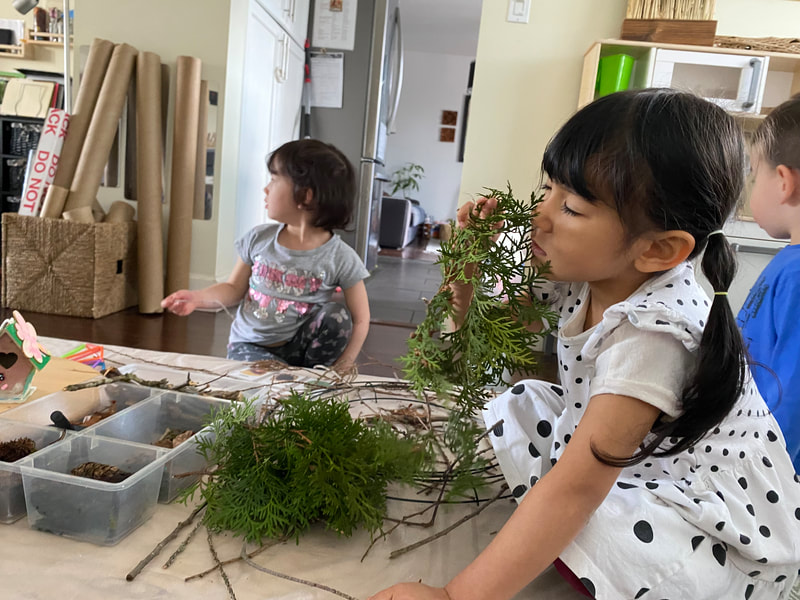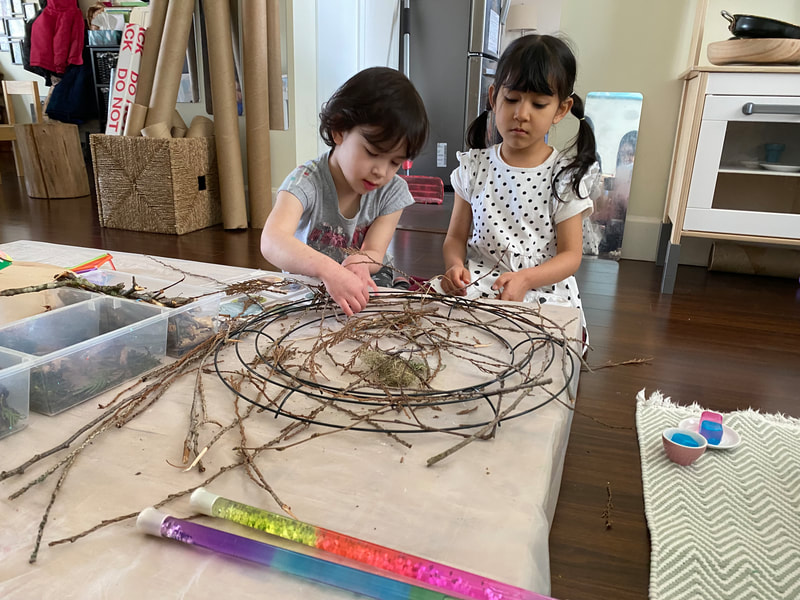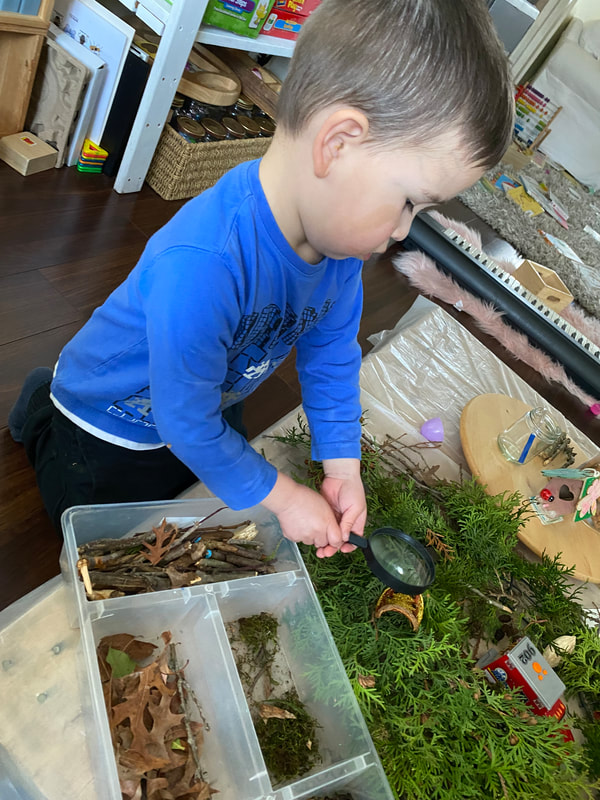|
The BC Early Learning Framework states: "Critical reflection is the art of thinking deeply about our own fundamental beliefs, with the goal of understanding the various cultural and social forces and factors that shape our own sense of self - and then taking our own thinking one step further." (Ministry of Education 2008, p.11).
By embracing other postmodern perspectives to "challenge common knowledge and explore new viewpoints and actions" (Government of British Columbia 2008, p.11), we can begin to invite what we already know as our points of reflections. Then, as competent and capable beings, we continue researching the world and how it works as our new ways of thinking and doing.
Being able to be open-minded to different viewpoints creates opportunities to engage us in important conversations. While sometimes these conversations seem tough, it is an important opportunity to help us actively choose to be inclusive of others who seem different from us. It is helpful to challenge various perspectives to see past differences. Each one of us is unique and special in his or her own way. We learn to open our eyes and mind to the wonders of the world around us from the smallest living thing to the largest and understand that each plays an important role.
As co-constructors of knowledge, we carefully and intentionally ask different kinds of questions about what we encounter. By paying close attention, by listening with intent, we begin to see what interests we have, and what questions we are actually trying to understand. Noticing ordinary moments, choosing what to observe, and being there with our many ways to try different viewpoints. "We must teach our children to smell the Earth, to taste the rain, to touch the wind, to see things grow, to hear the sun rise and night fall-to-care." - John Cleal. As we experience the truth that we are not separate from the natural world, but a part of it, the qualities of empathy, patience, and compassion blossom forth. Interacting with nature helps us keep alive a sense of the connection of all things. Being in nature in a reflective way, listening, watching, touching, and feeling, allows us to witness the interdependence of all things. Our natural curiosity about our world supports our critical thinking. We embrace multiple perspectives and develop our social responsibility necessary for effectively communicating and collaborating with others. Kindest,
Children & Friends.
0 Comments
Your comment will be posted after it is approved.
Leave a Reply. |
No part of this publication may be reproduced, distributed, or transmitted in any form or by any means, including photocopying, recording or any other electronic or mechanical methods, without the prior written permission of the publisher.
Archives
July 2024
|
||||||||||||||
